
Listen to the MP3 audio file
The Solari Report – 16 Apr 2009
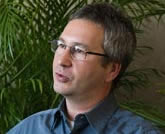 Dmitry Orlov is an engineer, author and blogger. He was born in Leningrad and moved to the United States at the age of 12. He has a BS in Computer Engineering and an MA in Applied Linguistics.
Dmitry Orlov is an engineer, author and blogger. He was born in Leningrad and moved to the United States at the age of 12. He has a BS in Computer Engineering and an MA in Applied Linguistics.
Dmitry was an eyewitness to the collapse of the Soviet Union government, currency and economy over several extended visits to his Russian homeland between the late 1980s and mid-1990s. His observations are described in his book, Reinventing Collapse, published last summer.
His articles on the Russian collapse experience and what Americans can learn from it are widely read, including, Closing the Collapse Gap, which compares the collapse-preparedness of the USA and the USSR, and Social Collapse Best Practices (video version.)
On this Thursday evening’s Solari Report, in addition to covering current market events and your latest questions, I will be speaking with Dmitry about the possibility of a collapse in the United States and what we can learn from the Russian experience as we move together through tough economic times.
If you are a subscriber to The Solari Report, you can post your questions at your private panel or feel free to also post them at this blog post.
If you would like to learn more about The Solari Report and subscribe, click here.









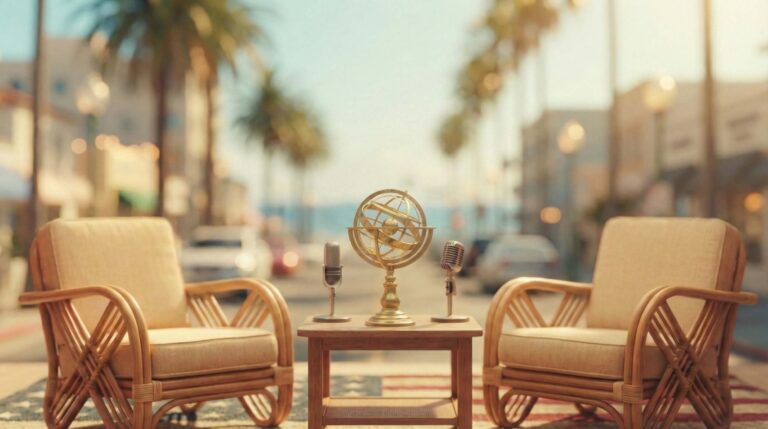


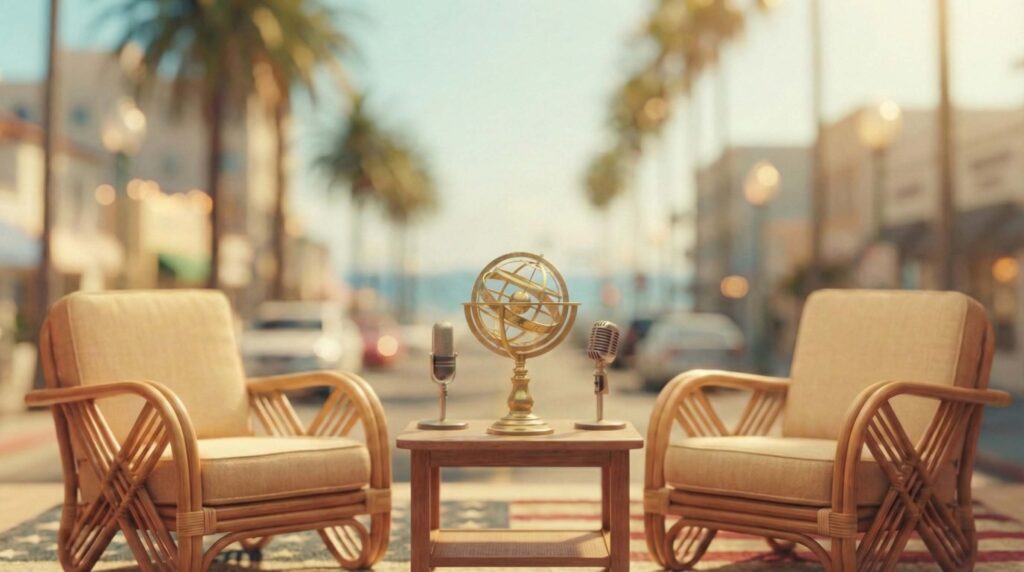













































































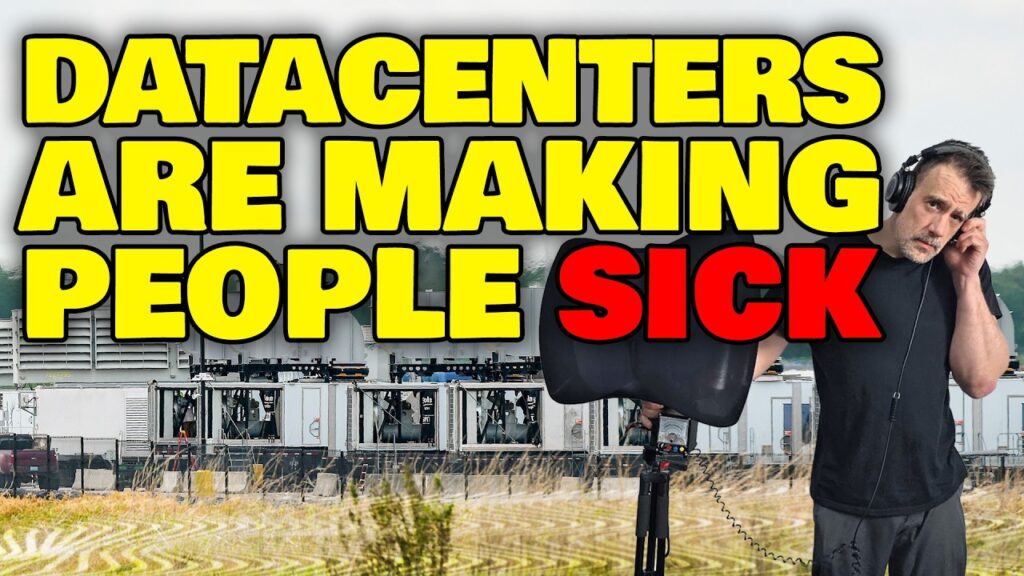



























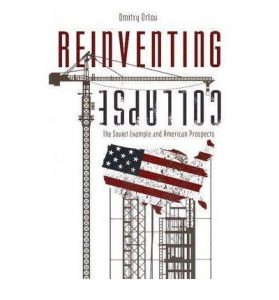

Jack: What we need is balance between communism/socialism and capitalism/fascism. The world swings between these two poles. Balance is good between hyper individualism and hyper groupism. Do you agree?
Further, your point 3 “biggest economy in the world” relies on GDP numbers… and as anyone knows, one way to grow GDP is to cause more car accidents and burn more housing down, since that spurs creation of new cars and housing. I don’t find GDP to be valid of “biggest value creation in the world.”
The US is #1 in many things right now, and not all of them good. Good luck in your local future.
And by “value creation” I mean manufacturing. Show me a world power which doesn’t make its own goods.
Bye-bye GM this year. All we really have left are production home builders, production carmakers, weapons manufacturers, oil extractors and veggie & corn growers. Education & scientific jobs are highly important as well. Most other jobs in America are useless fluff.
Jack:
I would interpret your description of differences to mean “We are bigger and stronger than Russia and have the power to continue to scr** everyone to get our way.” Sounds like you essentially agree with my Slow Burn thesis of how the system subsidizes itself and can avoid collapse.
If you look at what we are doing to subsidize, the logical conclusion is that you and I are eventually going to be targets as well. At least, that is where the math of Slow Burn goes.
I have never heard Dmitry say he was a communist. I will ask him. He has always sounded pretty respectful of private property and individual rights to me, certainly much more so than the US government’s general practices as I have personally experienced them as an investment banker, Assistant Secretary, lead financial advisor to an agency, litigant and investment advisor.
Catherine
Jack:
Funny you should mention that. In my experience, the USA is leading the way into a new global system.
Catherine
Well, I am for democracy and markets. However, as far as I know, they have not been practiced in the US in my lifetime, other than sporadic pockets.
My general experience is secret societies, narcotics trafficking, defense spending, mortgage fraud, covert operations and a fortune spent on promoting official realities. I have also not experienced freedom. I believe my mother was murdered by secret societies/intelligence agencies, my father probably was and my personal experience is that there is no such thing as freedom, despite a very extraordinary effort to find it. I have spent a lifetime watching the people I believe killed members of my family and tried to destroy me promoted with slogans and signs on my neighbors cars and lawns.
I don’t know how to compare ideologies when the Rockefellers and Rothschilds financed the American and Russian experiments alike and they were both highly managed, each in their own way.
I don’t know what all this yah-yah is about socialism and capitalism and communism and all the other isms. What I know is centralized control, both overt and covert. There is a difference between all these isms and organized crime.
America has been run by organized crime since I can remember and our basic business is printing currency and warfare. There has been a lot of good stuff sandwiched in between and financed by the genocide and a lot of very pleasurable myths.
However, that is the basic model.
My pastor in Washington used to say “If we can face it, God can fix it.”
This conversation is why I am more than delighted to invite Orlov into the mix.
Jack described Orlov as an, “advocate for the abandonment of the American experiment and the destruction of our nation.”
I don’t see how individuals strengthening their positions and communities could possibly destroy a legitimately powerful nation. Powerful economies don’t need to be supported by frequent trips to Walmart and McDonalds. In fact to be honest, such shoot the messenger and his message rhetoric sounds to me like people who become angered when their hot stock pick gets bad press. A legitimately powerful nation doesn’t need “good press” any more than a solid investment does.
In my opinion Rome fell apart because it was a net energy importer via various means such as slavery and plunder, and so with increasing numbers of inefficient Romans developing a sense of entitlement and reliance upon their unsustainable way of life, it was doomed to eventually collapse under it’s own weight. Many would blame corruption and other events that are really just the means people use to position themselves well in societies that are bound to fail.
America’s status as “largest economy in the world” compares well to Rome’s. America is a net importer of brains that it doesn’t produce itself and therefor a net importer of technology. Rome absorbed most of it’s technology rather than producing it. America is also a net importer of food energy, oil energy, natural gas energy, electricity, and labour energy which is itself a massive indirect import of food energy. And of course a net importer of savings via the inflation tax.
Someone in denial could find many more differences between Rome and America than the SU and America. But the fundamental aspects are the same. A society that can’t support itself via it’s current means must expand or contract. Expansion through violence creates an illusion of superiority that encourages still further inefficiencies. Expansion reaches it’s limits. Annnd. Collapse.
It doesn’t take people becoming better positioned for collapse to bring a house of cards down. (Ironically, these people’s purchases of hard liquor, seeds, wood and leather working tools etc could be one of the last waves of economic activity supporting the current doomed system.) These are the very people who will be the boulders others grasp for when the fiat currency, negative return businesses, threats of violence, and other unsustainable practices wash out.
Exporting violence and importing everything else is not sustainable. Neither acceptance nor communication of that fact empower it. It’s a simple fact whether denied or not. It’s recognition does however empower people to position themselves for survival and perhaps to thrive.
If one thinks in terms of total cost accounting, the fate of globalization as practiced today becomes painfully clear. The world does have vast resources but they cannot be plundered indefinitely. The denial-based arguments that abound today are being exposed as such. Future technologies will take care of nuclear waste? Lets ask Somali pirates how that one turned out. More will be produced? Let’s look at the environmental impacts and how equitable the distribution of surpluses are.
Nope this thing is goin down whether Orlov tells us to buy candles or not.
From the Financial Times:
Martin Wolf: Is America the new Russia?
http://www.news-to-use.com/2009/04/martin-wolf-is-america-new-russia.html